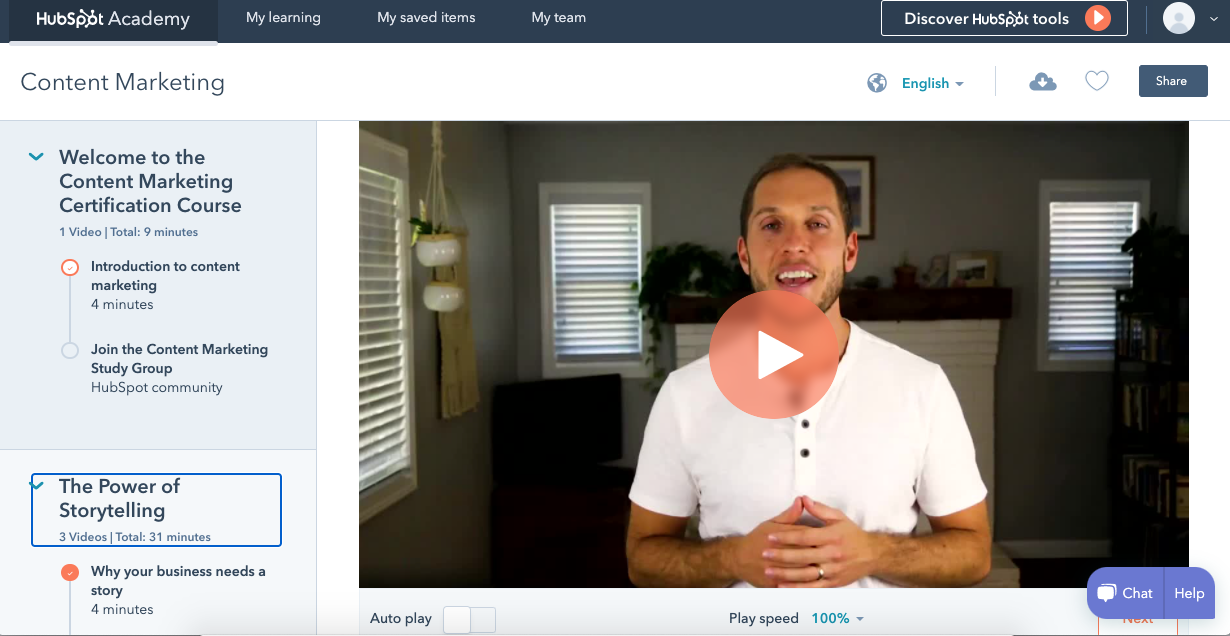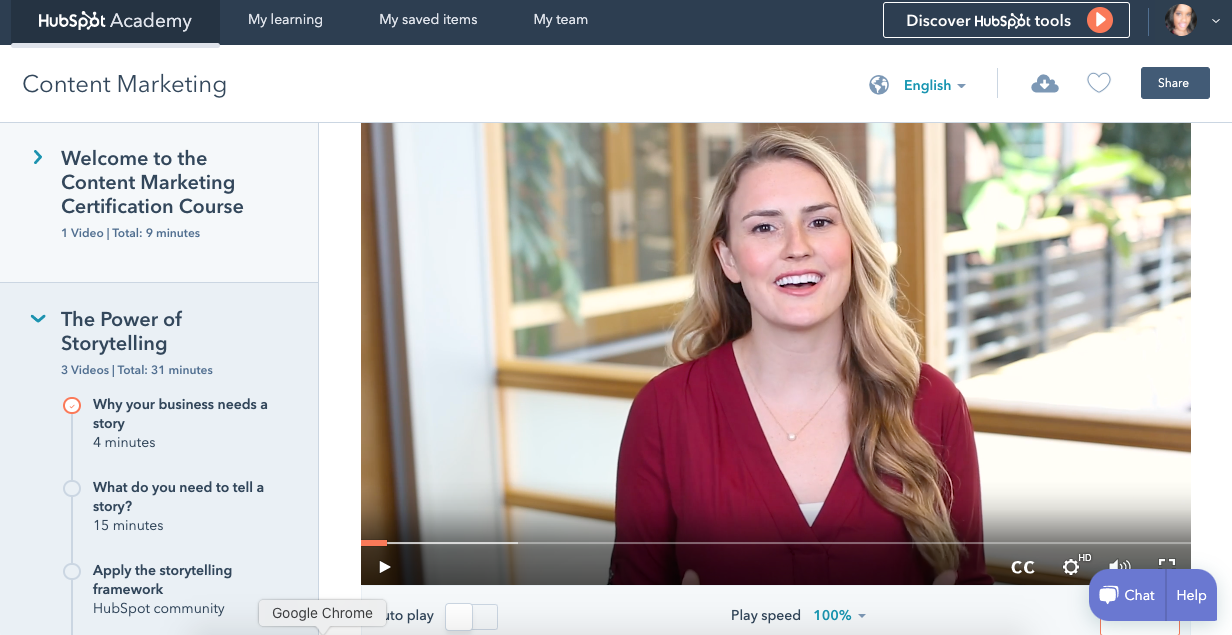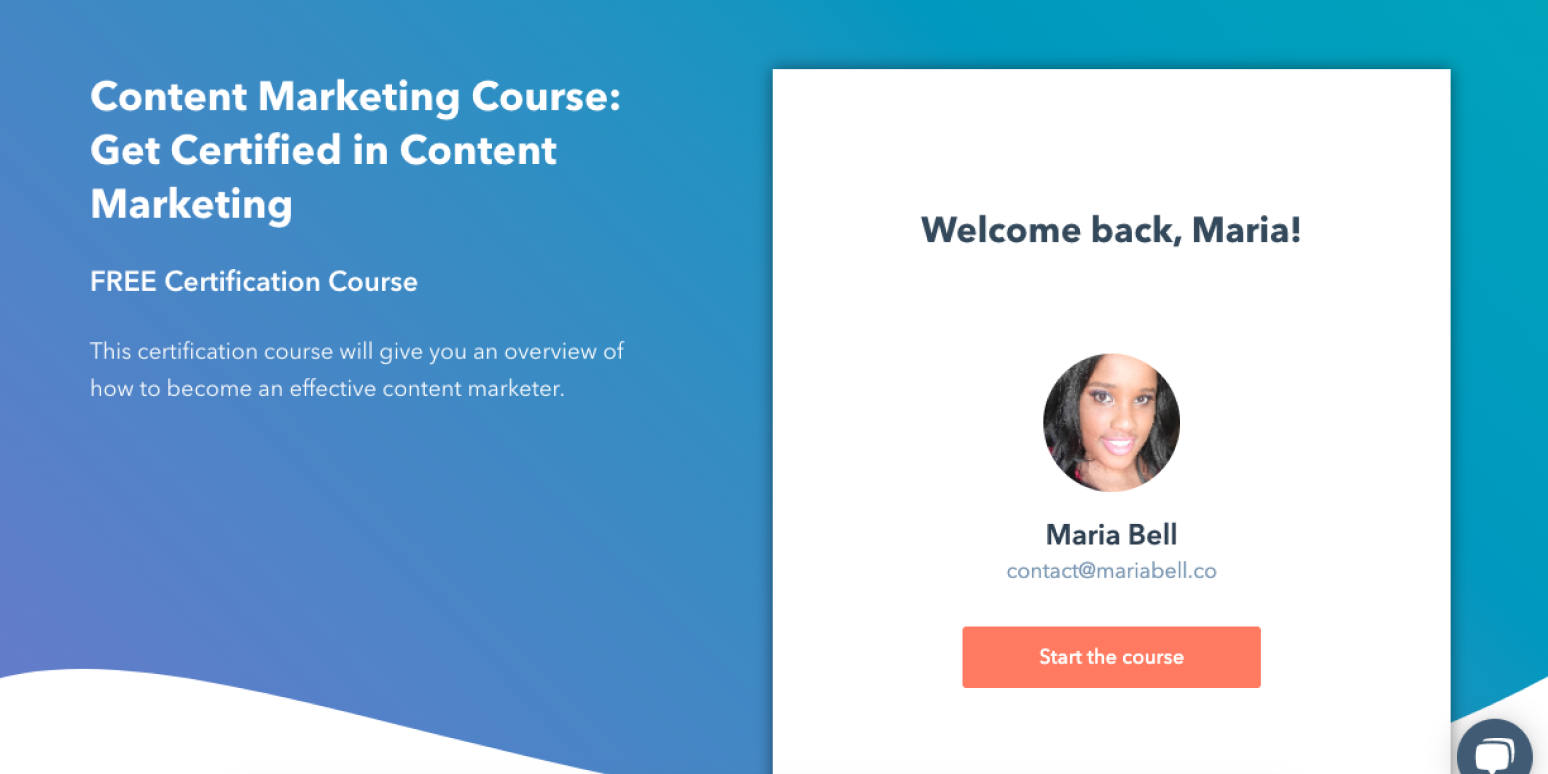In 2015, I decided to drop out of San Francisco State University.
As a psychology major on the Ph.D. route, I found higher education to be soul-sucking, stupidly expensive, and time-consuming. When it hit me that I’d be spending all of my 20s and the first few years of my 30s chasing a career that I wasn’t completely sure would satisfy me (and amassing $200k in student loan debt), I knew I had to get out fast.
I withdrew that semester and never looked back.
I found myself back at home with my parents, scrambling to find a job and a new career path. Many of us millennials have been sold the dream that anyone can start an online business—no experience necessary. “Content is king” was the mantra in those days, so after many late nights thinking about my options, I finally landed on freelance writing, specifically content marketing for software companies. I believed I had what it would take to build a freelance writing business, get the heck out of my parents’ house ASAP, and find my own place in the pricey Bay Area.
I knew I had the writing chops, but the content marketing side of things was still new to me. In order to land clients, I’d need to prove my credibility, so I started looking for learning opportunities. That’s when I stumbled across a free online course from HubSpot Academy. It promised to teach the basics of building a content marketing strategy, writing blog posts, and keeping your audience entertained.
I understand why folks are skeptical of courses that take dozens of hours of your valuable time and leave you with a certification that clients may or may not recognize. So I’m here to talk honestly about what the HubSpot certification did—and didn’t do—for me.
What is HubSpot Academy?

HubSpot is an all-in-one marketing, sales, and customer service platform that’s known for its aggressive (and undeniably effective) content marketing strategy. Google any topic related to digital marketing, and one of HubSpot’s articles or original research data will pop up on the first page—give it a try.
HubSpot Academy is HubSpot’s online learning center for professionals and business owners. There are hundreds of free lessons, trainings, and courses in areas like digital marketing, advertising, customer service, sales, design, and more. If you complete a course, you’ll receive a digital certification; it even comes with badges you can put on your website or LinkedIn. Most courses average three to five lessons, although some courses are much longer.
I’ll admit that I put my trust in HubSpot Academy without doing too much in-depth research. They had the praise of some of the biggest people and publications in the digital marketing industry, so I never doubted that the courses would be high quality or the instructors legit.
But still, I asked myself: will it give me the confidence to pitch potential editors or CEOs, to manage my processes, or to write high-ranking content that gets seen, shared, and converts?
What are HubSpot Academy courses like?
I signed up for HubSpot’s Academy’s Content Marketing course. It’s advertised as a crash course in content marketing and writing, and it’s geared toward marketing and inbound professionals and content producers.
I like that it was short, coming in at just six hours of watch time (it includes 12 lessons, 54 videos, and 11 quizzes). I’d be able to get through all the lessons within a week and move on quickly to finding leads. I knew that, in order to hop on a call or confidently send a pitch and not be a complete wreck, I needed to understand four basic things about content marketing:
-
How do you build a content strategy from scratch?
-
What is search engine optimization, and how can I use it to generate web traffic?
-
How can I quickly come up with relevant blog topics and headlines to pitch?
-
What kinds of content are companies looking for (e.g., blog posts, case studies, white papers), how do they differ, and why are they important for businesses?
Did I learn all that? Absolutely. But it wasn’t perfect.
The curriculum

Right off the bat, the curriculum touched on several of the topics I’d been hoping for—like SEO and coming up with blog post subjects. When I was just getting started in my business, I needed to come up with a few juicy headlines for each editor, and many weeks, I’d be pitching to 50 to 100 leads. So you do the math. Of course, if my headlines sucked, I wouldn’t get a response to my email, and my time would be wasted.
HubSpot’s curriculum focuses heavily on frameworks, systems, and processes. In this case, that means that rather than just telling you how to think of ideas, they help you create a process to source inspiration and ideas from anywhere. I loved that it went beyond pure technical skills and focused on the big picture in each area.
If you’re paying attention and not just going through the motions to get the certification, building those systems and solidifying that mindset will for sure help you scale.
Instructors and teaching style
The instructors are current leaders at HubSpot: Customer Success leads, Director of Acquisition, and so on. This is huge—you know you’re learning from people with experience, which increases the level of trust.
Having said that: the whole thing did feel a little corporate and cookie-cutter. And some lessons felt like watching an episode of Sesame Street. No hate for Sesame Street, but I’m not a toddler, and sometimes I felt like that’s how the instructors were talking to me.
I’d love to see HubSpot switch up its teaching style. Being spoken to like a peer—even though I knew I had a lot to learn—would have boosted my confidence.
Assessments
Each lesson concluded with a quick and easy three-question quiz. Then, at the end of the course, there’s a one-hour exam. While many online courses shy away from challenging exams, HubSpot Academy takes you to school and makes you earn their certification.
It’s 60 questions, and you need 75% to pass. You have to remember a ton of information over 54 videos, and I actually had to take the exam three times (and go through lessons again) before I passed. It was rough, but when I finally got that certification, I knew I’d earned it—and that the information I learned would stick with me.
Did HubSpot Academy help me land clients?
Honestly, no.
That doesn’t mean it wasn’t worth it. Overall, I would say that HubSpot Academy’s Content Marketing course was perfect for me as a new content marketer and freelance writer. I learned more than I was expecting, and I’ve since used several of their tips and tricks to generate customers through SEO, create a content strategy, and brainstorm blog topics.
But I’d say the HubSpot certification in and of itself holds no weight. Not once in the seven years I’ve worked as a freelance content marketer has a client asked about my certifications. Maybe they saw it buried on my LinkedIn, but no one has ever mentioned it (until now when my editor asked me to write about it). Sure, a certification may give you a boost of confidence when you’re starting out, but the only thing potential clients want to see is my previously published work and testimonials from past clients.
So HubSpot Academy, along with countless other courses, books, and publications, did prepare me to really impress my first few clients. I was able to jump on a discovery call and pitch an idea on the spot or explain to them in depth how I would generate leads through SEO. And now, I’m running a successful business where I am able to support myself and my family comfortably.
Are HubSpot certifications worth it?
Don’t take a HubSpot Academy course just for the badge you’ll put on your LinkedIn—that’s not where its value lies. Instead, take it to learn new skills. Then use those new skills to impress clients, improve the quality of your work, or land a new job.
That’s what will make it worth it.
[adsanity_group align=’alignnone’ num_ads=1 num_columns=1 group_ids=’15192′]
Need Any Technology Assistance? Call Pursho @ 0731-6725516




